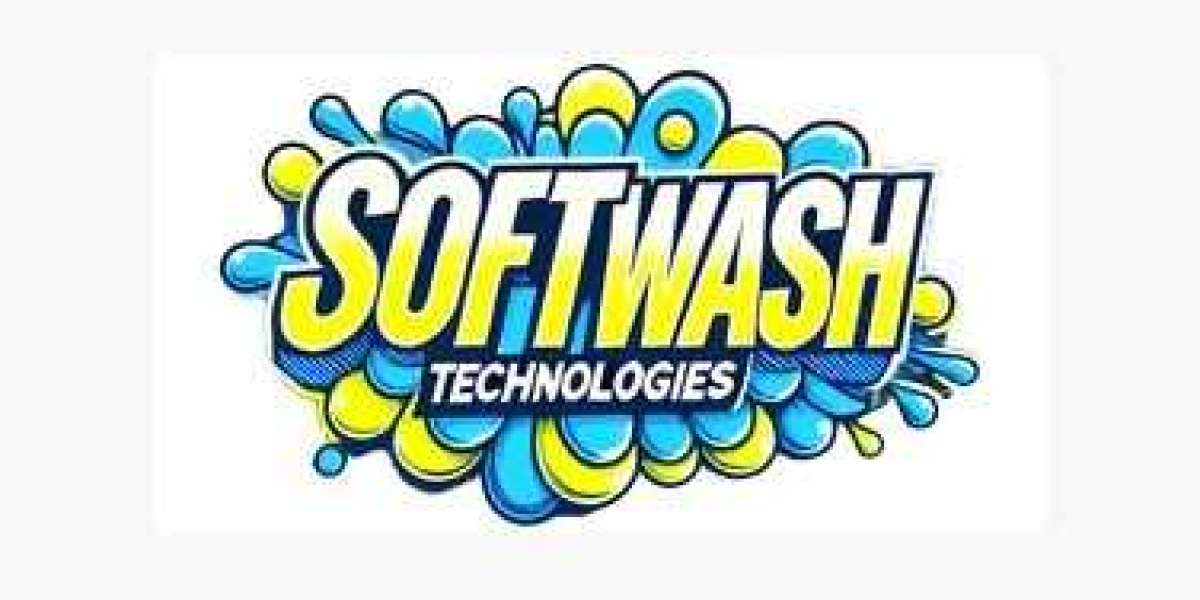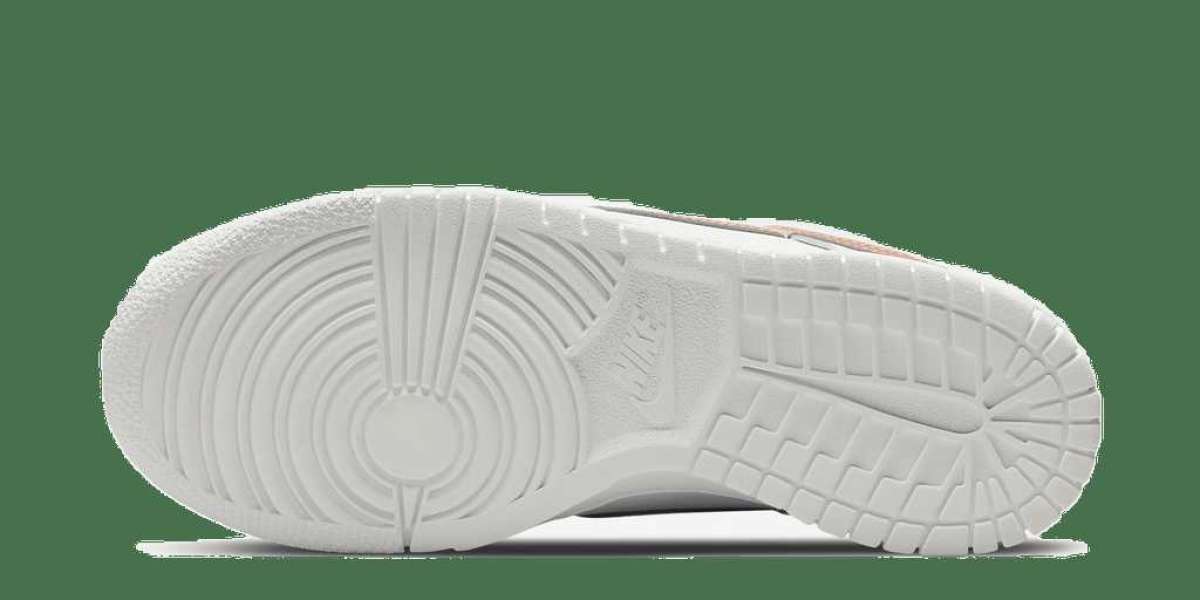Introduction
Driveways are subjected to a wide range of contaminants, including dirt, oil stains, mold, algae, and tire marks. Keeping driveways clean not only enhances curb appeal but also ensures safety by removing slippery substances like oil and algae. When it comes to cleaning driveways, homeowners and professionals often debate between pressure washing and soft washing. Both methods have their merits, but which is better for driveways? In this article, we will explore the differences between pressure washing and soft washing, focusing on which method is more suitable for driveway cleaning.
Pressure Washing: A Powerhouse for Tough Surfaces
Pressure washing is a technique that uses high-pressure water to blast away dirt, grime, and stains from surfaces. For driveways, which are typically made from durable materials like concrete, asphalt, or brick, pressure washing can be an effective solution to remove stubborn contaminants like oil, grease, and mold.
Pros of Pressure Washing for Driveways:
- Effective on Tough Stains: Pressure washing excels at removing deep-seated stains and tough substances like oil and rust from driveway surfaces. The high-pressure water stream can penetrate the surface layer, lifting and washing away grime.
- Quick Results: With its powerful water force, pressure washing delivers quick results. It can cover large areas like driveways rapidly, making it ideal for those looking for fast, visible improvements.
- Suitable for Hard Materials: Driveways are typically made of hard, durable materials, making them ideal candidates for pressure washing. The pressure is unlikely to cause damage to concrete or asphalt when applied correctly.
Cons of Pressure Washing for Driveways:
- Risk of Surface Damage: When used at too high a pressure or with improper technique, pressure washing can damage the surface of driveways. It may cause cracks, surface etching, or even break up weaker sections of concrete or asphalt.
- Water Waste: Pressure washing uses a significant amount of water, which may not be environmentally friendly. This is particularly important for those living in areas with water restrictions or drought conditions.
- Inconsistent Results on Mold and Algae: While pressure washing can remove visible mold and algae, it may not fully kill these organisms, leading to regrowth over time.
Soft Washing: A Gentle Alternative
Soft washing is a cleaning technique that uses low-pressure water combined with specialized cleaning solutions to gently remove dirt, mold, algae, and other contaminants. This method is commonly used on delicate surfaces like roofs and siding, but it can also be applied to driveways.
Pros of Soft Washing for Driveways:
- Safer for Delicate Driveway Materials: While driveways are generally durable, some materials like pavers, natural stone, or patterned concrete can be more prone to damage from high-pressure washing. Soft washing provides a safer alternative by using low pressure, minimizing the risk of surface damage.
- Effective Mold and Algae Removal: Soft washing uses cleaning solutions specifically designed to kill mold, algae, and other microorganisms at the root. This leads to longer-lasting results, as it prevents regrowth for a more extended period compared to pressure washing.
- Environmentally Friendly: Soft washing typically uses less water than pressure washing, making it a more environmentally friendly option. Additionally, many soft washing solutions are biodegradable and safer for the surrounding environment.
Cons of Soft Washing for Driveways:
- Less Effective on Stubborn Stains: Soft washing may not be as effective at removing tough stains like oil or rust, which can deeply penetrate driveway surfaces. For these types of contaminants, pressure washing might be necessary.
- Longer Process: Unlike pressure washing, which can deliver fast results, soft washing may take more time to achieve the desired cleanliness, particularly on large driveways.
- Chemical Usage: While many soft washing solutions are eco-friendly, some contain chemicals that may require careful handling and disposal. It’s important to choose the right cleaning solution to avoid harming plants or pets around the driveway.
Which Method is Better for Driveways?
The decision between soft wash vs pressure wash for driveways depends on the type of driveway surface and the nature of the stains. If the driveway is made from tough materials like concrete or asphalt and has deep-set stains such as oil or rust, pressure washing is likely the better choice due to its power and effectiveness.
However, if the driveway has delicate features like pavers or natural stone, or if it is mainly affected by mold and algae growth, soft washing may be the safer and more effective method. Soft washing provides a gentler clean and ensures that contaminants like algae are thoroughly removed at the source, preventing regrowth.
Conclusion
Both pressure washing and soft washing offer unique benefits when it comes to driveway cleaning. For deep-set stains on hard surfaces, pressure washing provides a quick and effective solution. On the other hand, soft washing is a gentler method that excels at killing mold and algae, ensuring longer-lasting cleanliness. By considering the type of driveway surface and the specific contaminants present, homeowners can choose the most suitable method for their driveway’s cleaning needs.



